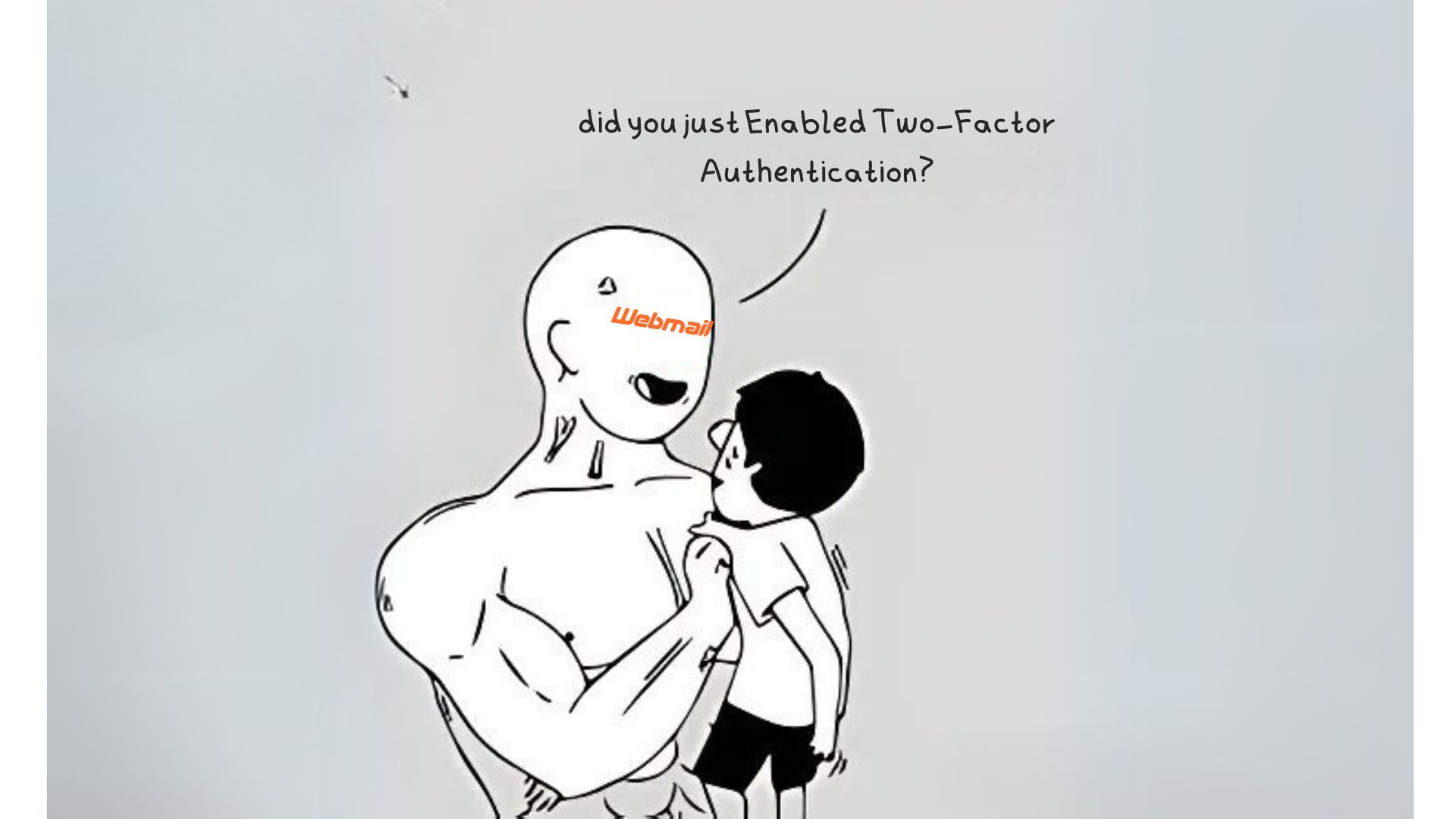
It happens sometimes. You’re posting on Facebook (or Meta as it’s officially known). One of your posts get flagged or rejected. You then try and figure out why. Most of the time, taking a different picture or rewording the description or filing an appeal will fix things.

Worst case, you cannot upload that content, but everything else on your page is fine.
So it was curious when one of our clients consulted us on this violation that had disabled their ad account:
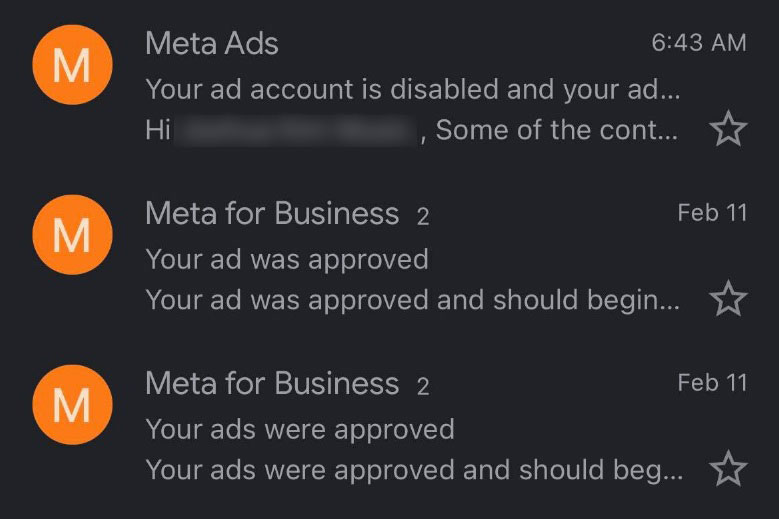
After seeing the email, our client followed due diligence. Such as checking that the link came from Facebook itself (it did). And comparing the language with other Facebook communications (it did as well):
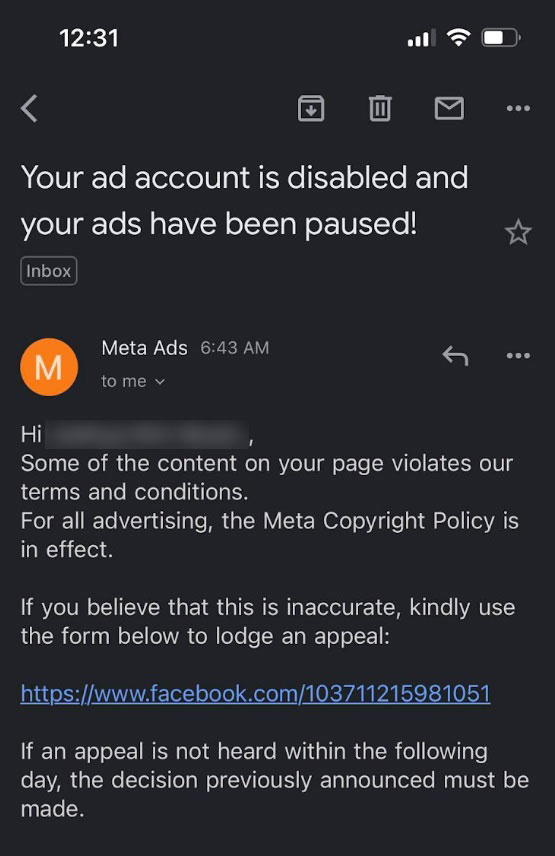
When clicked, it went to Facebook and came with the threat of permanent unpublishing of their Facebook page, which would mean the permanent removal of all their other content (which would be a disaster):
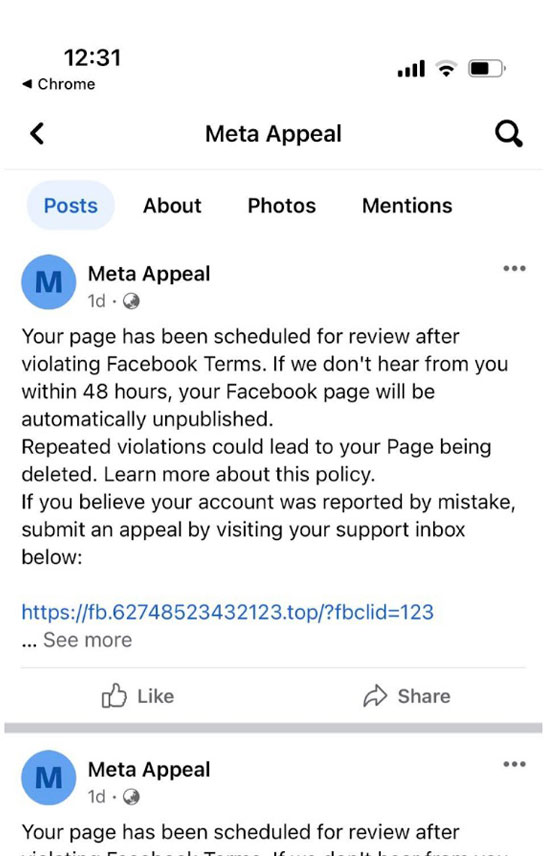
That seemed a bit too much, which made us suspect that this was probably a scam. We also quickly realized that the link was simply a post to a page called Meta Appeal. Which obviously meant it wasn’t Facebook itself:

It had 0 likes and 0 followers (meaning it was brand new). And the page had many wonderful reviews that helped us confirm quickly that it was a scam:
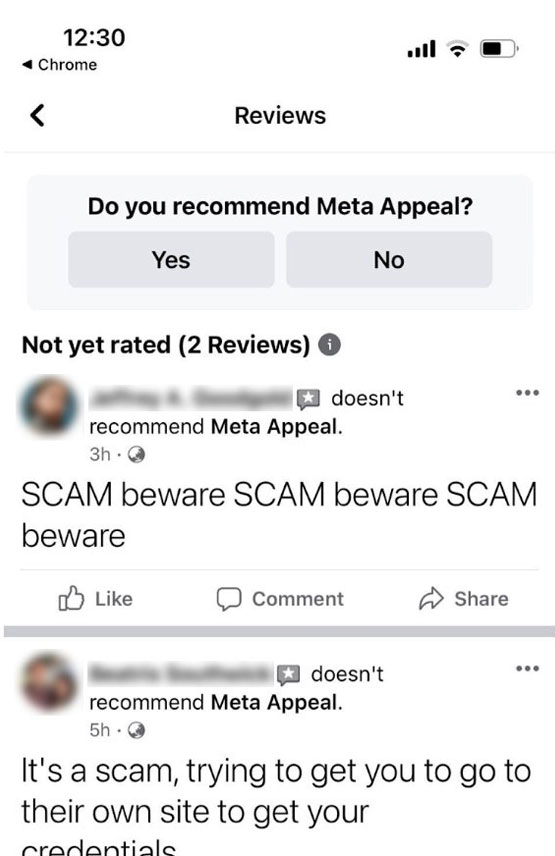

That being said, they got us for a few minutes there. This scammer was obviously sophisticated enough to run a script that would scrape the Facebook pages for the names of the business, name of the owner, and send an email blast. In addition, the domain name was a derivation of “meta ads”, so it was not immediately clear if this was an official email or not. And unfortunately, we’re sure some people fell victim to this, which is why the scammers keep doing things like this.
So be careful everyone. If an email is demanding immediate action, such as clicking a link and following their instructions or else permanently destroying your account, then it’s probably fake. Double-check that the email has the correct Facebook domain names (generic gmail is definitely fake). And if you’re unsure, please consult your favorite I.T. team (like Technomancer 😀).
BONUS:
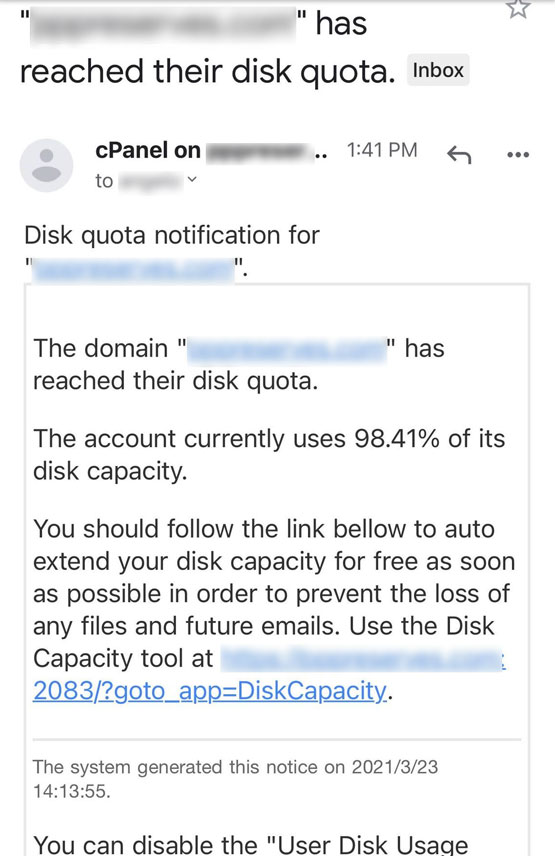
Here's a scammer notifying one of our clients that they had exceeded our very generous disk quota. Clicking that link would have taken our client to a page where they would have to enter their credit card number to "upgrade their quota", but in reality would just steal their credit card number.
Again, please be careful. Double check. When in doubt, contact the people or company directly.

